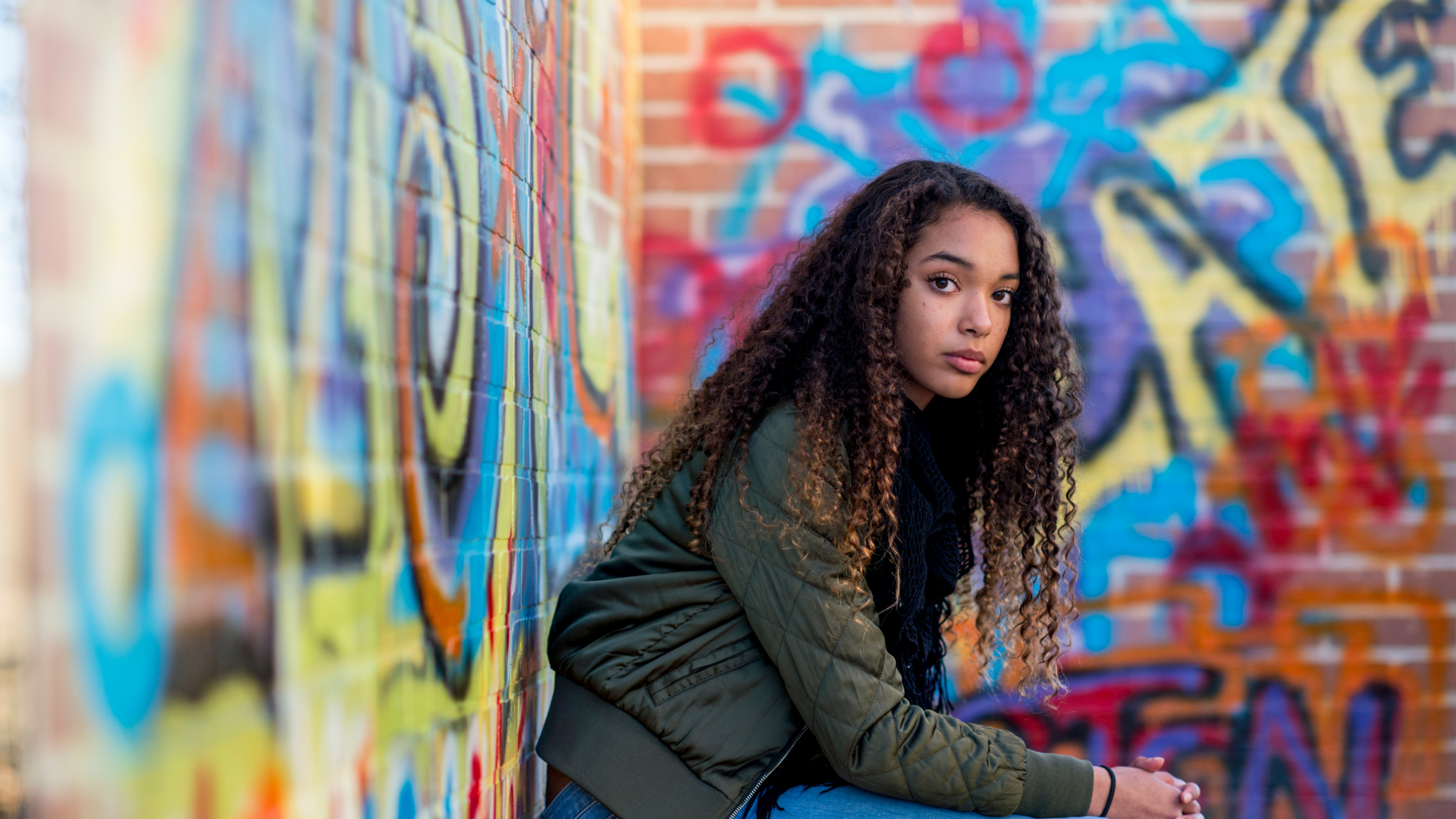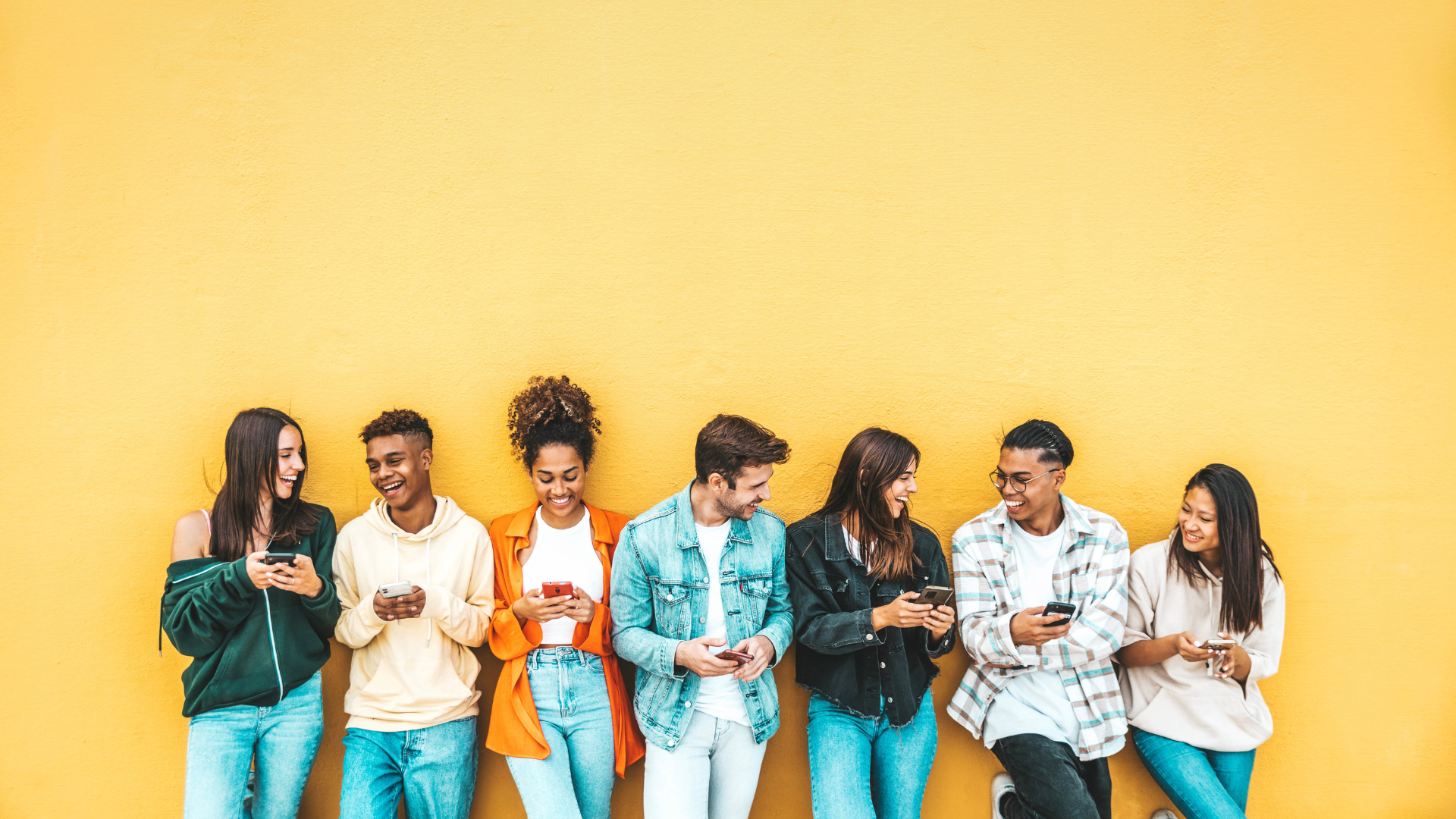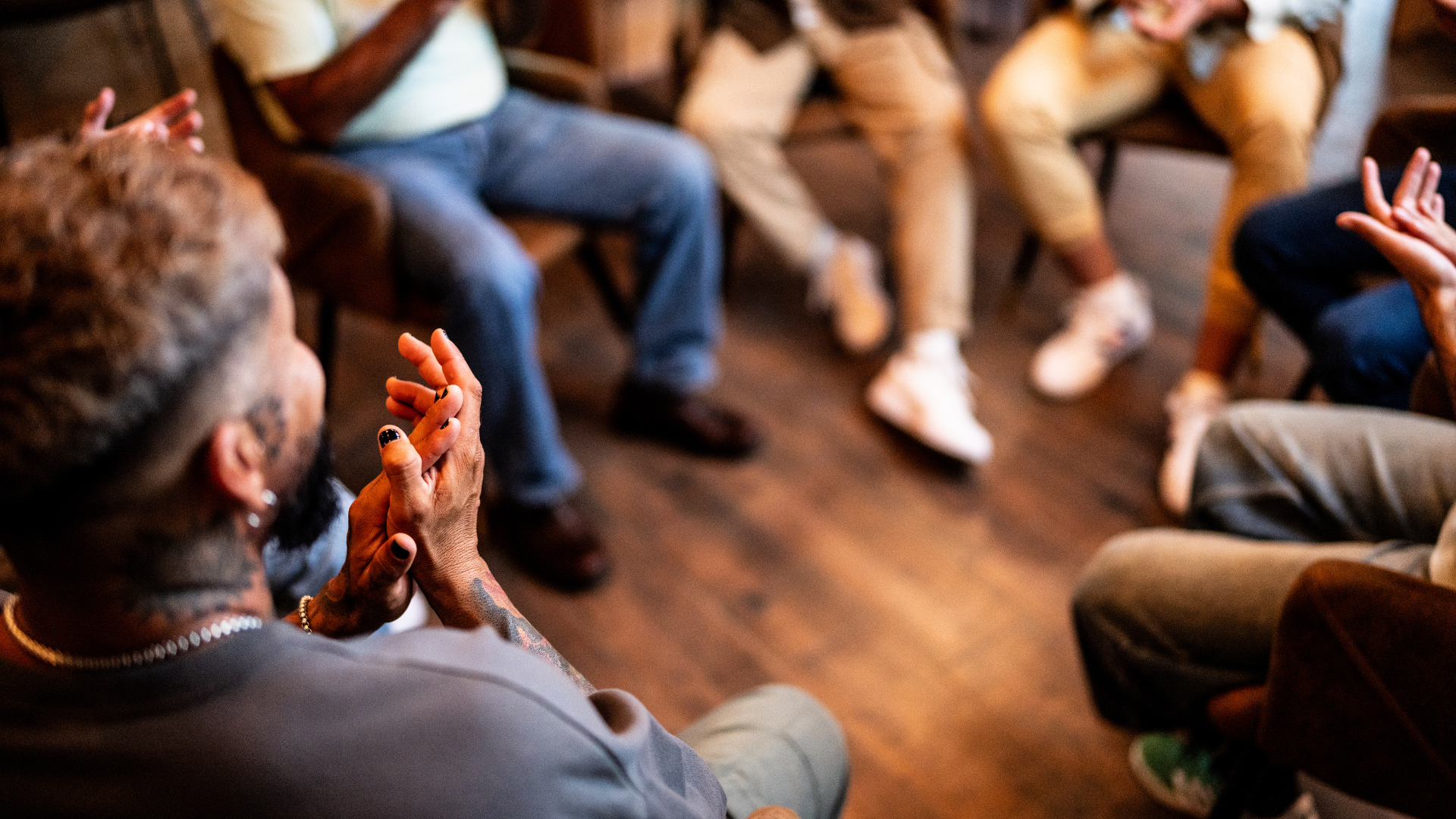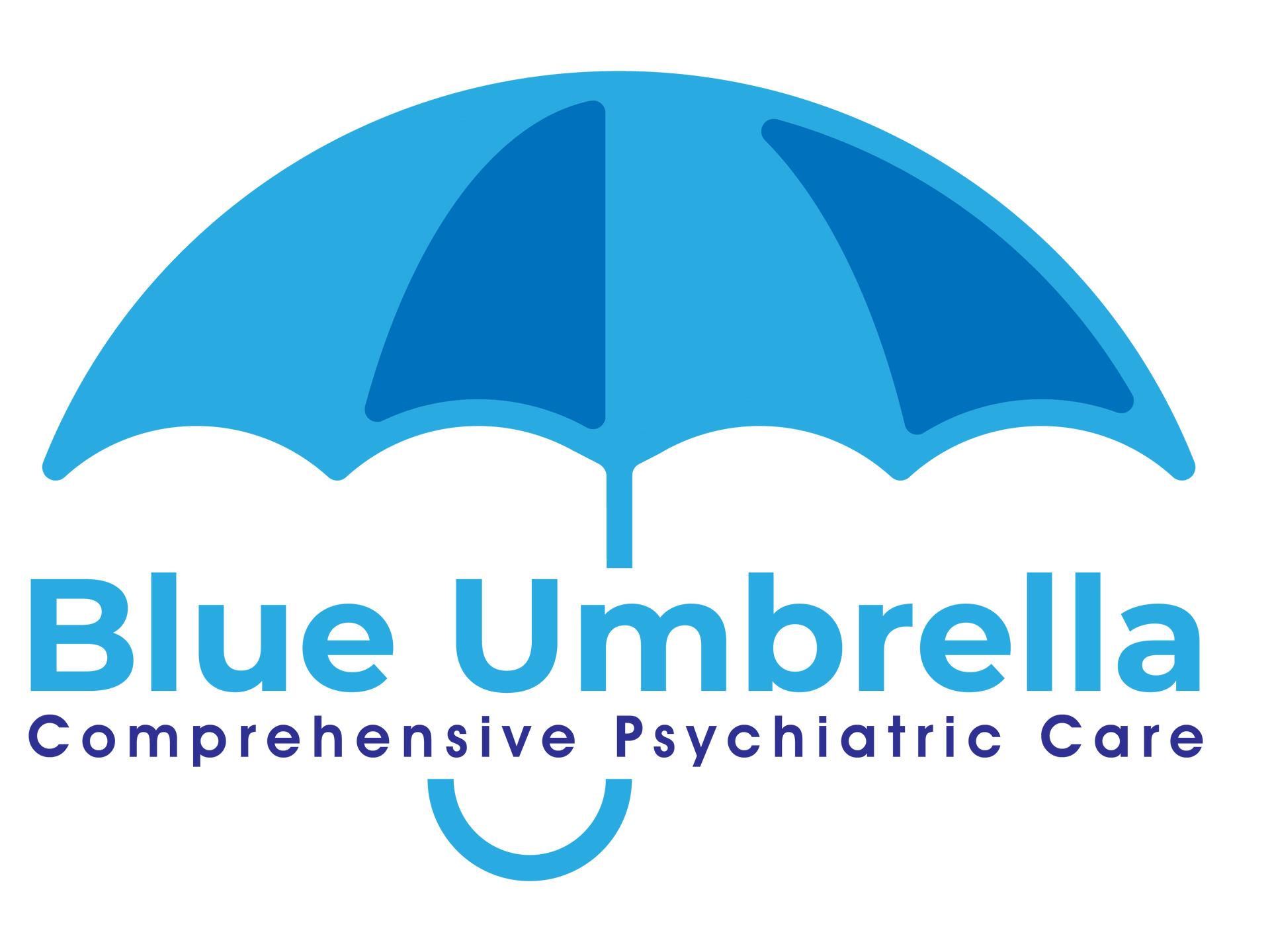In today's digital age, platforms like TikTok have become a double-edged sword in discussions surrounding mental health. While it's commendable that social media has helped destigmatize conversations around mental illness, it's crucial to recognize the limitations and potential risks, especially when it comes to self-diagnosis.
Self-diagnosis, fueled by TikTok trends and viral content, may seem harmless or even empowering at first glance. However, it's important to understand that mental health conditions are complex and multifaceted. They often require a comprehensive assessment by qualified professionals to accurately diagnose and effectively treat.
Here are a few reasons why self-diagnosis through TikTok or any other social media platform can be problematic:
Simplification of Complex Conditions: Mental health conditions are not one-size-fits-all. Symptoms can vary greatly from person to person, and what may seem like a specific disorder based on a TikTok trend might actually be a manifestation of something else entirely.
Confirmation Bias: When individuals seek out information that aligns with their preconceived notions or desires, they may inadvertently overlook contradictory evidence. This confirmation bias can lead to inaccurate self-assessments and misinterpretation of symptoms.
Lack of Professional Input: TikTok videos, no matter how well-intentioned, cannot replace the expertise of mental health professionals. Licensed psychiatrists and therapists undergo years of rigorous training to accurately diagnose and treat mental health conditions. Self-diagnosis may delay or prevent individuals from receiving the appropriate care they need.
Potential for Harm: Misdiagnosis or overdiagnosis based on social media trends can have serious consequences. It may lead to unnecessary distress, inappropriate treatment, or even exacerbation of symptoms.
Instead of relying on TikTok for self-diagnosis, here are some healthier alternatives:
Seek Professional Help: If you're experiencing mental health concerns, consider reaching out to a licensed psychiatrist or therapist for an assessment. They can provide personalized guidance and support based on your individual needs.
Educate Yourself Responsibly: While social media can be a valuable source of information, it's essential to critically evaluate the content you consume. Look for reputable sources and consider consulting multiple perspectives before jumping to conclusions.
Practice Self-Awareness:
Pay attention to your thoughts, feelings, and behaviors, but avoid jumping to conclusions based on limited information. Keep an open mind and be willing to explore different possibilities with the guidance of a professional.
Remember, your mental health is too important to leave to guesswork or internet trends. By prioritizing accuracy, self-awareness, and professional support, you can take proactive steps towards understanding and managing your mental well-being effectively. Let's use platforms like TikTok as a springboard for meaningful conversations about mental health, rather than a substitute for proper diagnosis and treatment.













